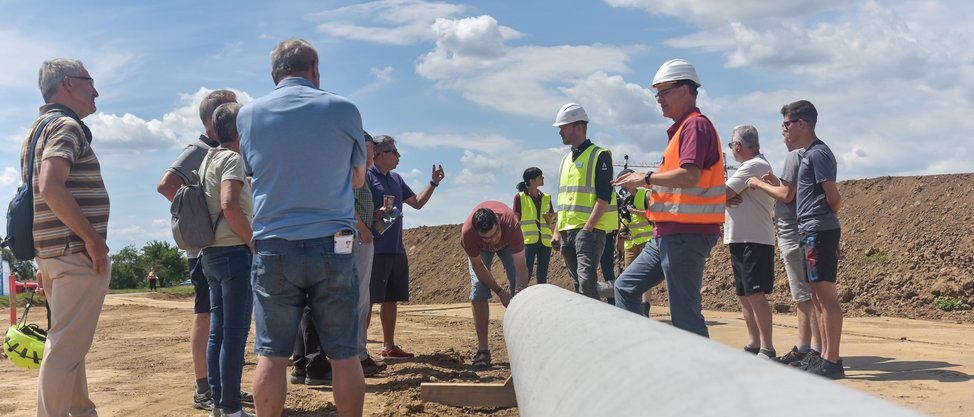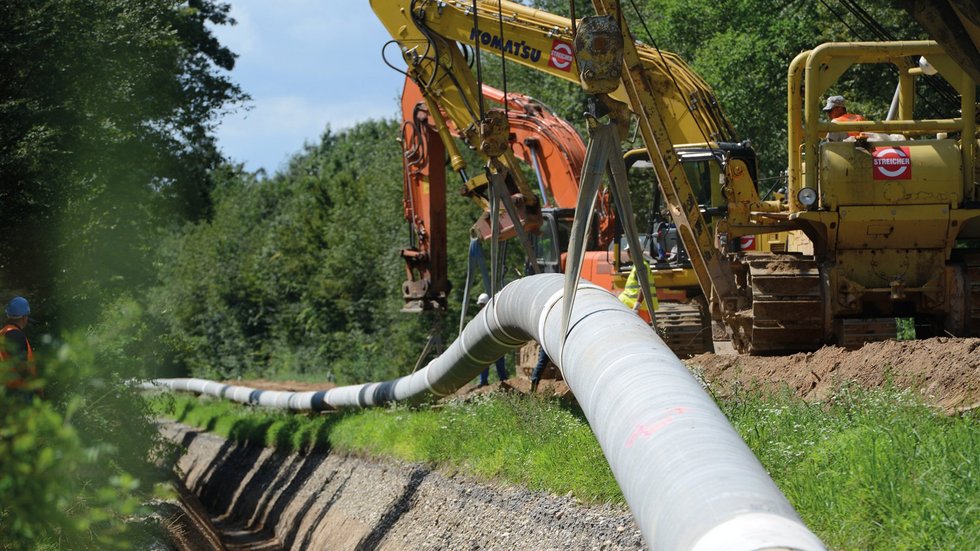Securing supply and a better connection for the region
Demand for gas transmission capacity in Baden-Württemberg is steadily rising. And we are reacting to this trend by developing our gas transmission system in line with demand.
For Baden-Württemberg, the Gas Network Development Plan (German: NEP Gas) plans to connect the Ludwigsburg/Enzkreis region to the "Schwaben pipeline" gas transmission system.
Through the Neckarenztal pipeline, we can sustainably increase the security of supply in Baden-Württemberg and in particular in the Ludwigsburg/Enzkreis region for both gas and electricity – also at peak load times.
In addition to this, connection to the west European transmission system via Trans Europa Naturgas Pipeline (TENP) is secured and improved by connecting to the Nordschwarzwald pipeline. Construction of the Neckarenztal pipeline began near the community of Wiernsheim at the beginning of March 2022 and will be continued eastwards via Eberdingen, Vaihingen a. d. Enz, Oberriexingen, Sachsenheim and Bietigheim-Bissingen to south of Löchgau. The new pipeline was put into operation in December 2022. Work to restore areas is scheduled for completion at the end of 2023.
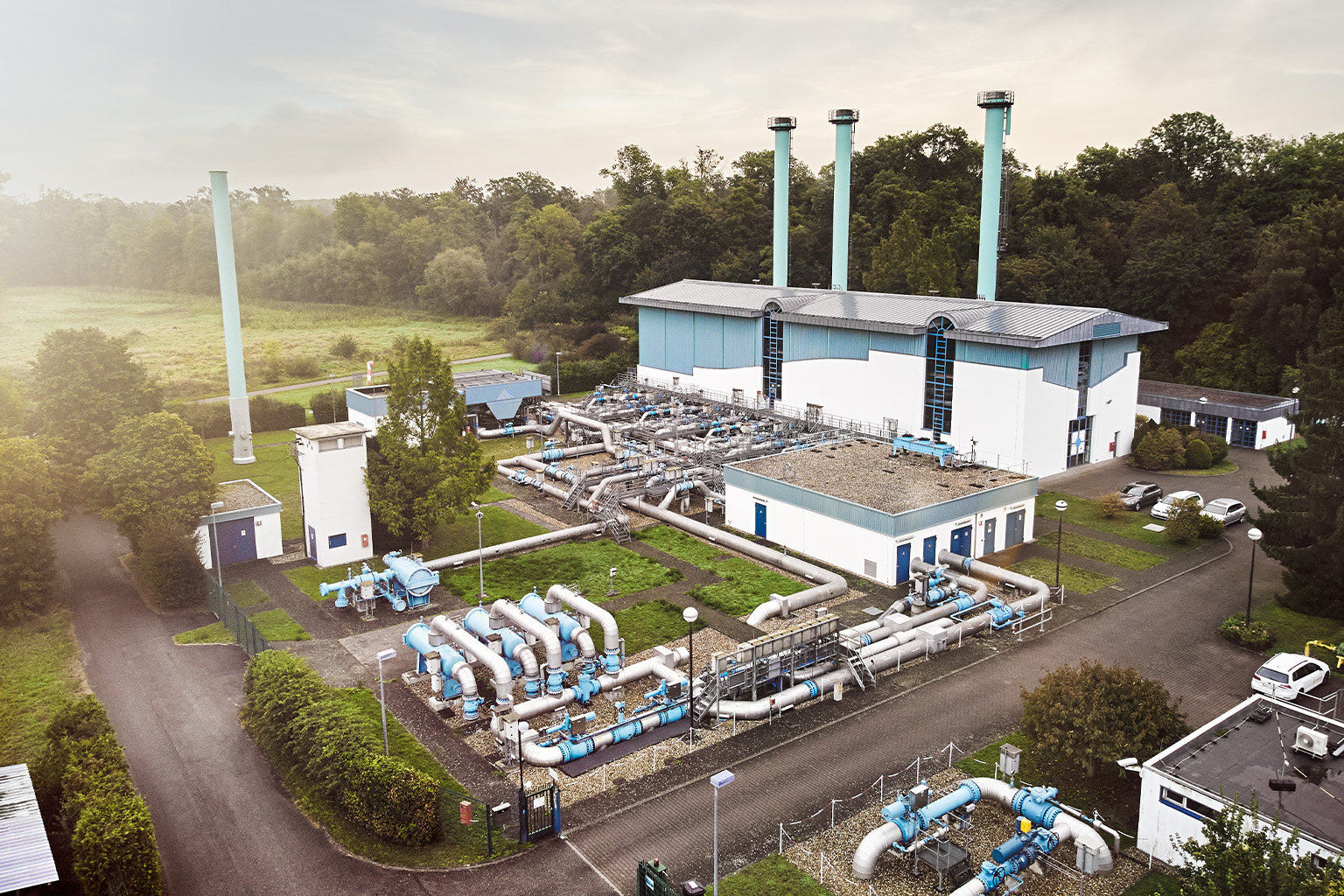
![[Translate to English:] Unser Telekommunikationsnetz](/fileadmin/_processed_/4/8/csm_Telekommunikation_Kabel_Unschaerfe_blau_gelb_terranets-bw_e68fc06931.jpg)
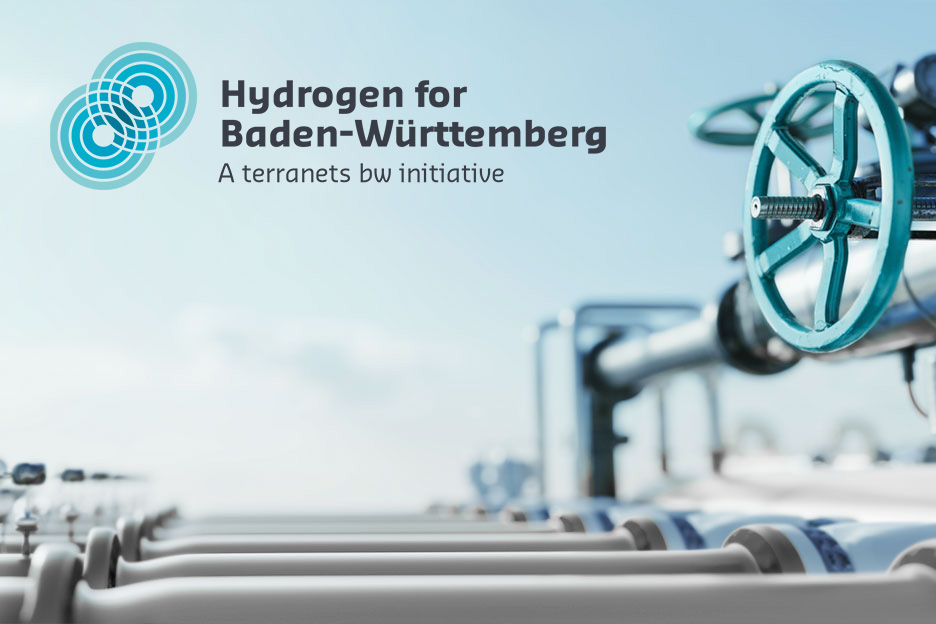
![[Translate to English:] terranets bw / Für Kunden / Telekommunikation](/fileadmin/_processed_/6/7/csm_231222_Mitarbeitender_am_Schaltschrank_6_kl_0cca01e205.jpg)
![[Translate to English:] Kundenportal ConnectCapacity](/fileadmin/_processed_/c/3/csm_231222_Mitarbeitende_der_IT_Computer_8_kl_3266995988.jpg)

![[Translate to English:] terranets bw Unternehmen Visionen](/fileadmin/user_upload/Content/Unternehmen/Visionen/terranets_bw_Mitarbeitende_Brainstorming_1.jpg)
![[Translate to English:] terranets bw: Wasserstoff für Baden-Württemberg](/fileadmin/_processed_/2/3/csm_Wasserstoff_Inititative_Logo_Energiezukunft_8904d74570.jpg)
![[Translate to English:] terranets bw: Sehen Sie sich unsere Stellenangebote an!](/fileadmin/_processed_/c/0/csm_240507_Mitarbeitende_im_Gespraech_3_bcf21346f8.jpg)
![[Translate to English:] Arbeiten bei der terranets bw](/fileadmin/user_upload/Content/Karriere/terranets_bw_Karriere_Arbeiten-bei-Terranets_3zu2.jpg)
![[Translate to English:] Die Standort der terranets bw](/fileadmin/user_upload/Content/Karriere/terranets_bw_Was-wir-tun_Scharenstetten_3zu2.jpg)
![[Translate to English:] Studium, Ausbildung oder ein Praktikum bei der terranets bw](/fileadmin/_processed_/2/f/csm_TERRANETS_Bild_Fuer-Praktikanten-und-Auszubildende_Fuer-Schuelerinnen_3zu2_360e1e705d.jpg)
![[Translate to English:] terranets bw: Netzausbauprojekte](/fileadmin/_processed_/4/0/csm_Absenken_Rohrstrang__3__67f60716af.jpg)
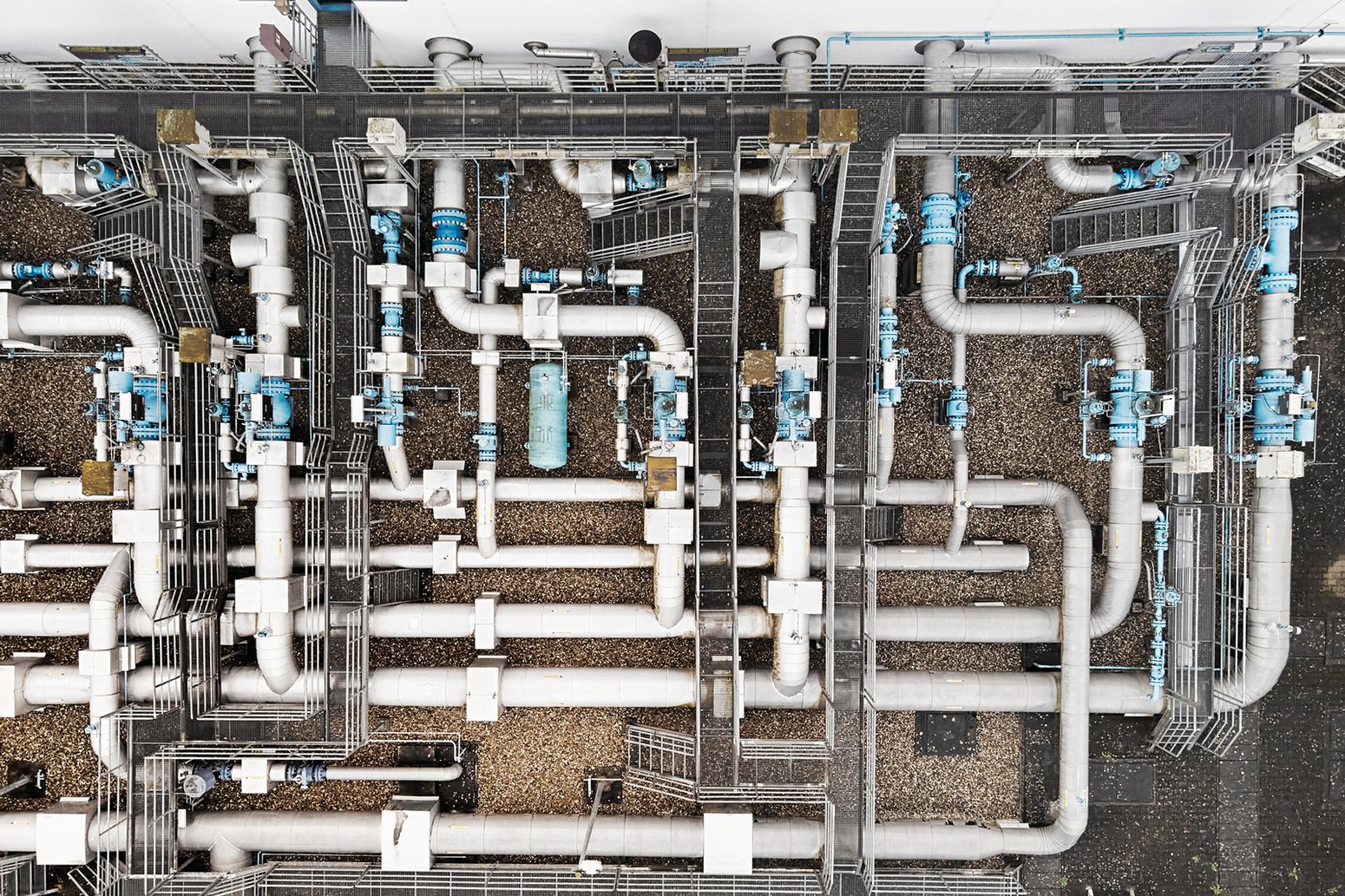
![[Translate to English:] terranets bw Mediathek](/fileadmin/_processed_/2/2/csm_terranetsbw_Flugtafel_3_c6937e947f.jpg)
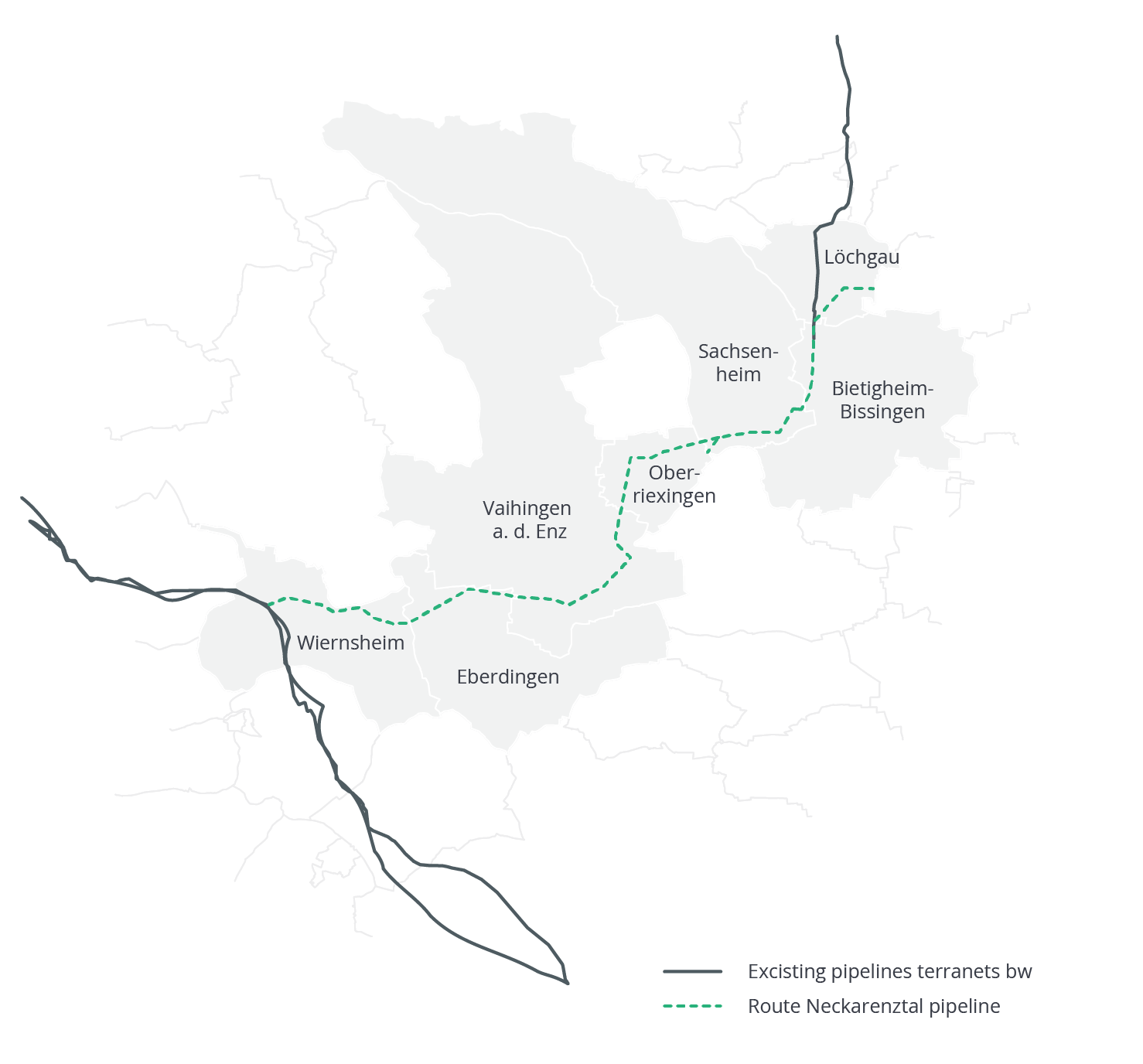
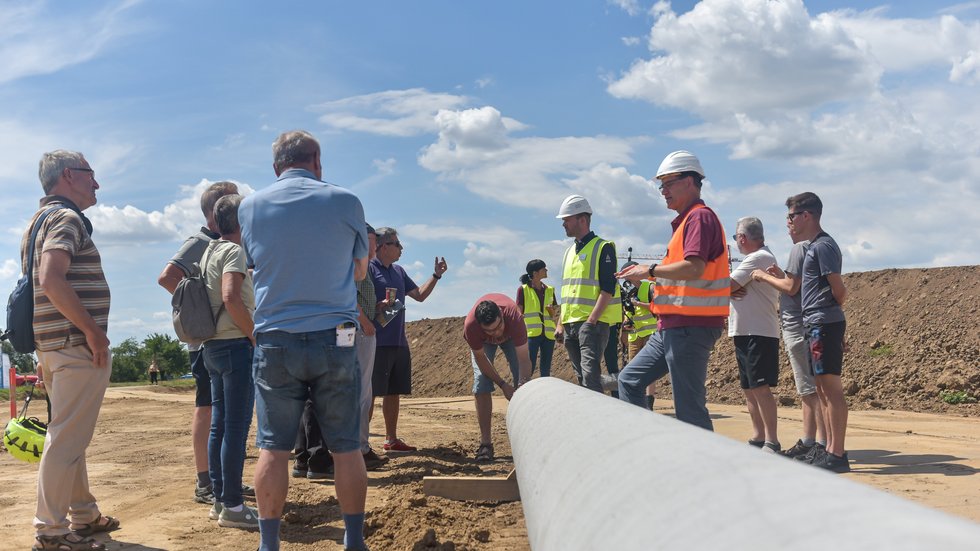
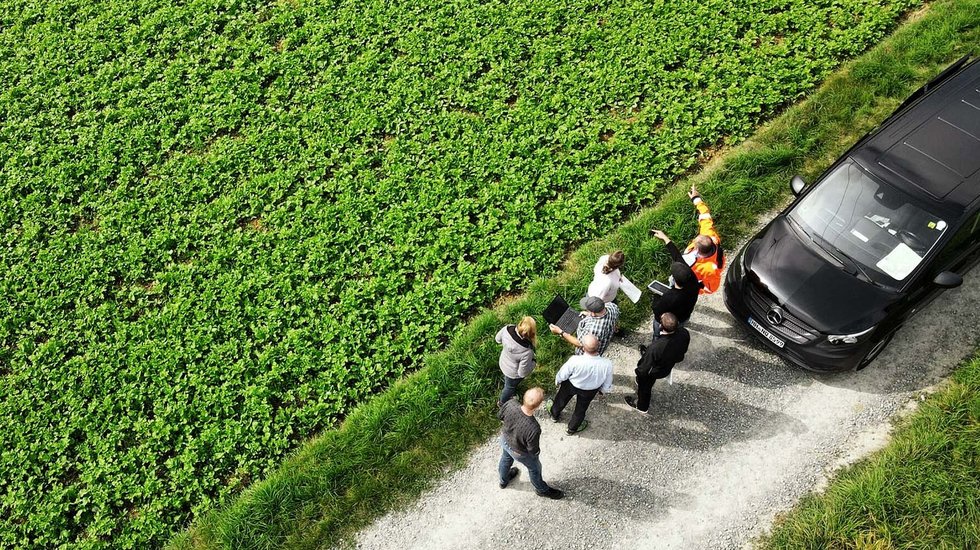
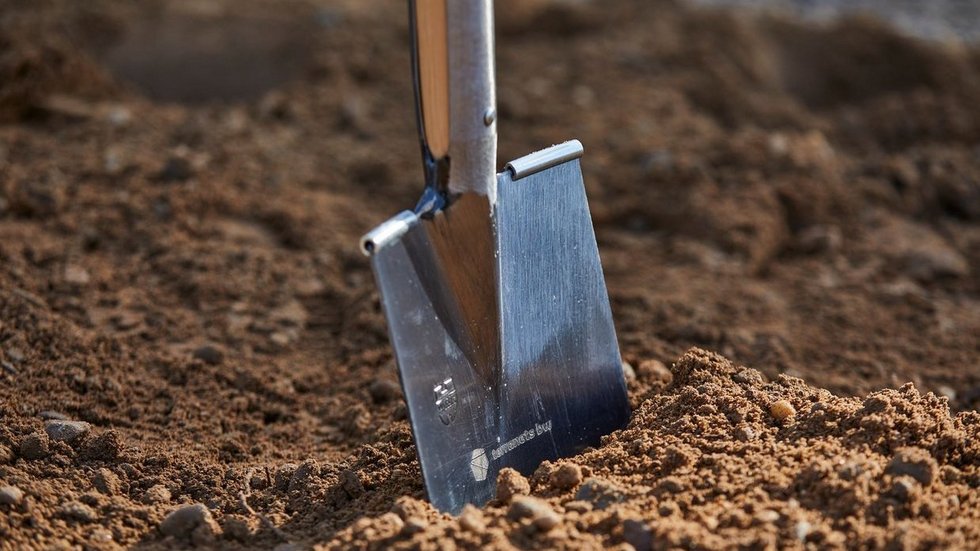

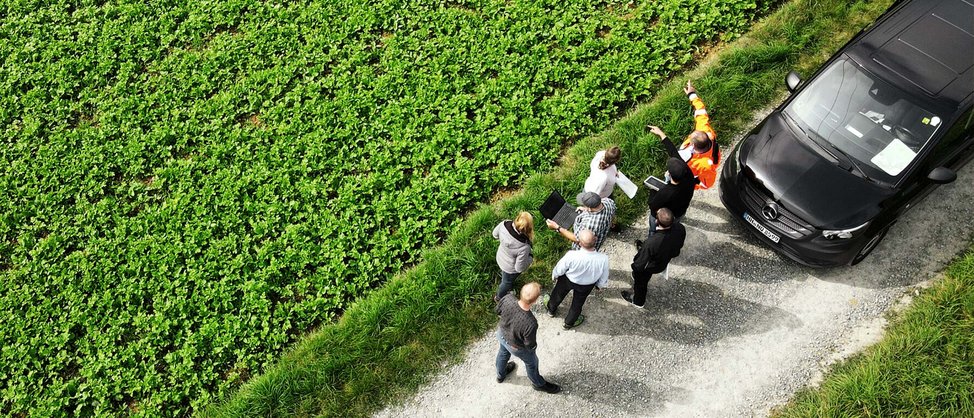
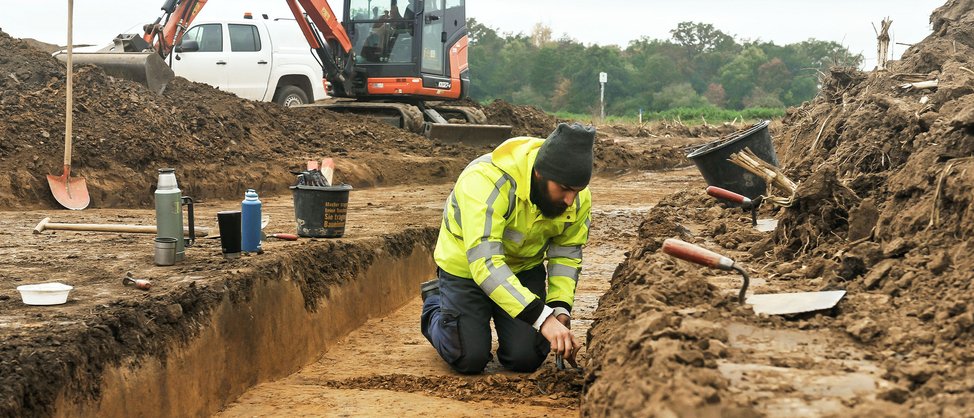
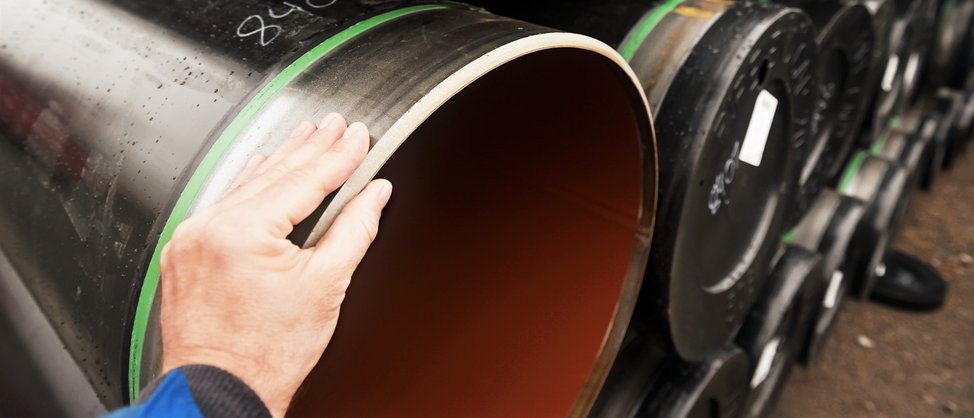
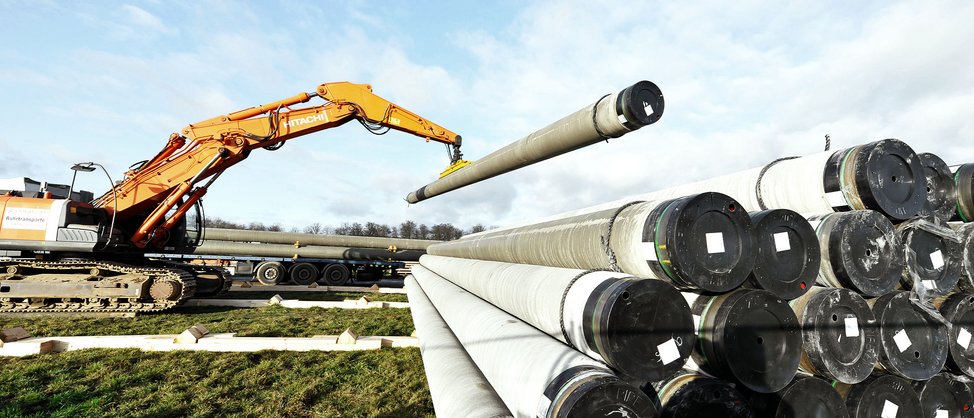
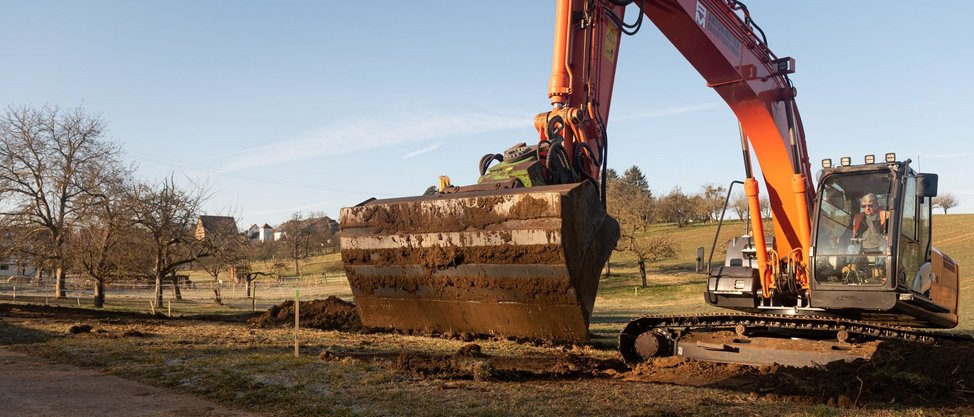
![[Translate to English:] Baubeginn der NET: Der Spatenstich](/fileadmin/_processed_/b/9/csm_220316_NET_Spatenstich_554da6bd23.jpg)
![[Translate to English:] Baubeginn der NET: Der Rohrgraben](/fileadmin/_processed_/8/a/csm_terranetsbw_NET_Ausheben_Rohrgraben_Verschweissen_Wiernsheim_328a103292.jpg)
